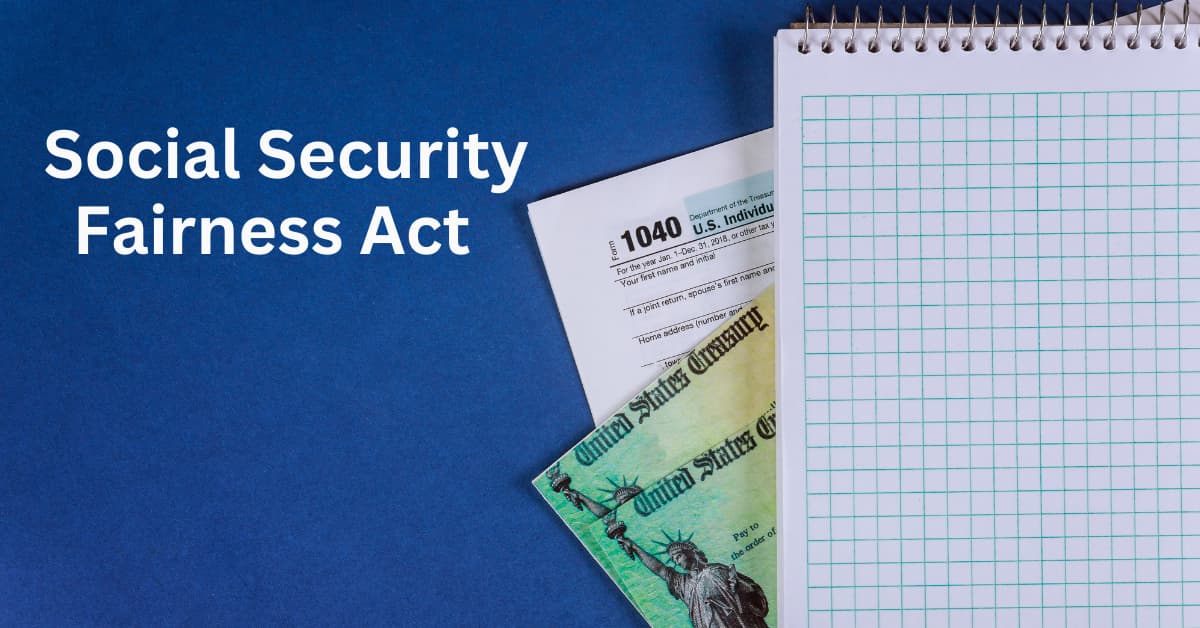Key Takeaways
- Create a Plan: Know your financial needs and plan for retirement.
- Start Saving Early: Save as soon as possible to benefit from compound interest.
- Plan for Healthcare: Anticipate healthcare costs and understand Medicare options.
- Use Tax-Advantaged Accounts: Maximize contributions to IRAs and 401(k)s for tax benefits.
- Cut Excess Spending: Be mindful of small, regular expenses.
- Reduce Recurring Payments: Cut unnecessary subscriptions and memberships.
- Avoid Credit Card Debt: Limit reliance on credit cards for daily expenses.
- Choose Affordable Cars: Opt for economical vehicles to save money.
- Be Smart with Housing: Pick a home that fits your budget.
- Limit Home Equity Use: Avoid using home equity for non-essential expenses.
As you approach retirement, it’s natural for your thoughts to shift from the daily grind to the dreams and activities you’ve been waiting to enjoy. Whether it’s catching up on some reading, spending more time on the golf course, or traveling the world with your spouse, retirement can be a fulfilling chapter of your life.
However, before you reach that milestone, it’s crucial to pause and assess your readiness for this new phase.
Many soon-to-be retirees make common money mistakes that can significantly impact their financial well-being in retirement. By understanding and addressing these mistakes now, you can work towards a more comfortable retirement.
In this article, we’ll explore ten common financial mistakes made by pre-retirees, providing insights and tips to help you navigate this transition with confidence.
Common Financial Mistakes Made by Pre-Retirees
Money Mistake #1: Neglecting to Create a Retirement Plan
One of the most significant financial mistakes pre-retirees can make is heading into retirement without a well-thought-out plan.
In the 2019 Retirement Confidence Survey, while 8 in 10 retirees expressed confidence in their financial readiness for retirement, only 42% had actually calculated how much money they would need. This disconnect highlights the importance of a retirement plan.
Creating a retirement plan involves understanding your future financial needs and assessing whether your current savings and investments align with those needs. This process gives you the opportunity to adjust your savings strategies, portfolio allocations, or insurance products well in advance.
It also allows you and your spouse to set realistic retirement expectations, considering factors such as lifestyle choices, healthcare costs, and potential market fluctuations.
Without a clear retirement plan, you might find yourself unsure if you are on track to retire comfortably. Taking the time to map out your financial future can help you feel more prepared and confident as you approach retirement.
Money Mistake #2: Waiting to Start Saving
Procrastination can be a costly money mistake, especially when it comes to saving for retirement. Once you’ve created your retirement plan and determined how much you and your spouse need, it becomes clear why starting to save as early as possible is crucial.
Saving might seem challenging, but remember the power of compound interest. Even small amounts saved early can grow significantly over time.
The key to leveraging this growth is time. The earlier you start, the more time your money has to grow. Begin saving now to give your investments the decades they need to accumulate and potentially provide for a comfortable retirement.
Money Mistake #3: Underestimating Healthcare and Long-Term Care Costs
Healthcare expenses can be a significant burden during retirement. Those aged 65 to 74 spend an average of $5,956 annually on healthcare, excluding long-term care costs. This figure can quickly escalate, particularly if an unexpected injury or illness occurs.
To manage these costs, it’s essential to understand your Medicare coverage and supplemental plan options. Delaying enrollment in Medicare can lead to penalties, such as a 10% increase in premiums for every 12-month period you delay signing up.
Planning for healthcare and long-term care expenses can help protect your retirement savings from being depleted by medical costs.
Money Mistake #4: Underutilizing Tax-Advantaged Accounts
Taxes can have a substantial impact on your income, both now and during retirement. Taking full advantage of tax-advantaged accounts, such as traditional and Roth IRAs or 401(k)s, can make a significant difference in your retirement savings.
Contributions to traditional retirement accounts can reduce your taxable income for the year, providing immediate tax benefits.
For example, if you earn $60,000 and contribute $4,000 to a traditional IRA, your taxable income decreases to $56,000. On the other hand, Roth IRA contributions are taxed upfront but can be withdrawn tax-free during retirement.
And if you haven’t heard, the IRS raised the contribution maximum for employer-sponsored retirement accounts in 2019 from $18,500 to $19,000 a year and IRA contributions from $5,500 to $6,000 a year for individuals under 50. That makes now an opportune time to begin catching up on your retirement plan contributions if you’ve found yourself falling behind in recent years.
Understanding and utilizing these accounts can enhance your retirement savings strategy.
Money Mistake #5: Excessive and Frivolous Spending
It’s easy to overlook the impact of small, regular expenses, but they can add up quickly and strain your financial stability. For example, spending $25 per week on dining out amounts to $1,300 annually, which could be directed toward savings or debt repayment.
Being mindful of frivolous spending and cutting back on non-essential expenses can significantly boost your financial health. Simple adjustments, like brewing coffee at home instead of buying it daily, can free up funds that can be better used to support your retirement goals.
Money Mistake #6: Never-Ending Payments
Recurring expenses, such as subscriptions, memberships, or services, can drain your finances over time. While these payments might seem small individually, collectively, they can add up to a substantial amount each year.
Evaluate the necessity of these ongoing expenses. Consider whether they align with your financial goals and make adjustments as needed.
Eliminating or reducing unnecessary payments can help you save more and reduce financial stress.
Money Mistake #7: Living on Borrowed Money
Relying on credit cards to cover everyday expenses can lead to a cycle of debt that’s hard to break. High-interest rates on credit cards can make the cost of items significantly higher than their original price, leading to more financial strain.
Instead of living on borrowed money, focus on building an emergency fund and managing your budget to cover essential expenses. Reducing dependence on credit can help you avoid debt and maintain financial stability.
Money Mistake #8: Buying a New Car
Purchasing a new car often involves taking out a loan, which means paying interest on a depreciating asset. This can widen the gap between the car’s value and the amount you pay for it. Additionally, frequently trading in cars can result in financial losses.
Consider buying a more economical vehicle that costs less to insure and maintain. Assess your actual needs and choose a car that fits your lifestyle without straining your budget. This approach can save you money and reduce financial stress.
Money Mistake #9: Spending Too Much on Housing
Overspending on housing can significantly impact your monthly budget. Larger homes come with higher taxes, maintenance costs, and utility bills. Before purchasing a home, consider the total cost of ownership, including these additional expenses.
Choose a home that meets your needs without exceeding your budget. Consider factors like family size, location, and future maintenance costs. A more affordable home can help you allocate more funds towards savings and other financial goals.
Money Mistake #10: Using Home Equity Like a Piggy Bank
Refinancing your home or taking out a home equity line of credit (HELOC) can provide access to cash but at the cost of increased debt and interest payments. This can put your home at risk and lead to long-term financial strain.
Instead of tapping into home equity for non-essential expenses, explore other financial management strategies. Building an emergency fund and managing your budget can help you avoid using home equity for short-term needs.
Conclusion
Preparing for retirement involves more than just saving money; it requires careful planning and awareness of common money mistakes.
By avoiding these ten financial mistakes, you can enhance your retirement readiness. Take the time to assess your financial situation, make informed decisions, and seek guidance when needed. Your future self will thank you for the effort you put in today.
If you have questions or need personalized assistance on how to avoid these money mistakes, consider consulting a financial advisor. They can provide tailored advice to help you navigate the complexities of retirement planning and work towards achieving your financial goals.
We offer complimentary 15-minute financial assessments to help you begin this process by educating you on the various components of retirement planning. Schedule yours today.
Please consult legal or tax professionals for specific information regarding your individual situation. The opinions expressed and material provided are for general information, and should not be considered a solicitation for the purchase or sale of any security.







